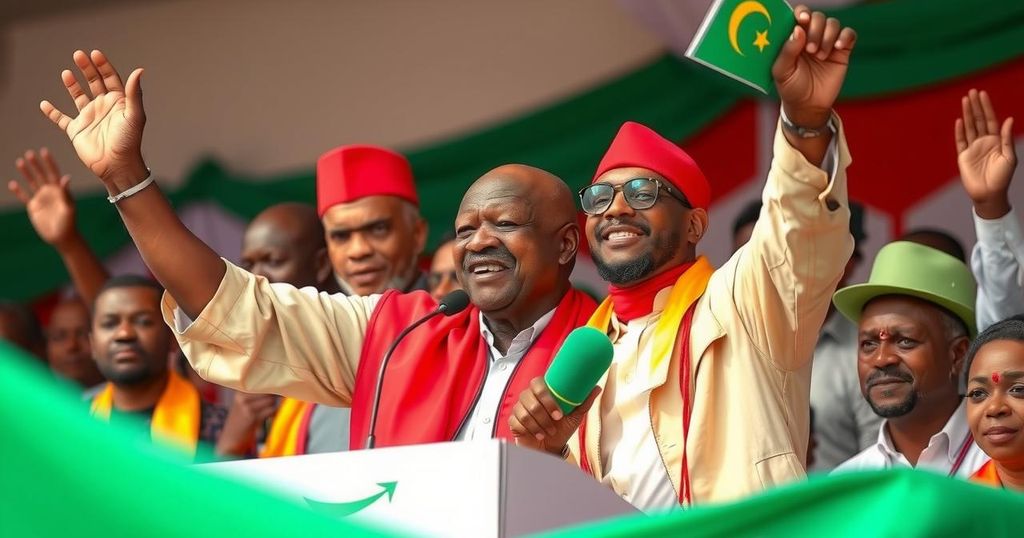Chad’s Ruling Party Captures Majority in Boycotted Parliamentary Elections

Chad’s ruling Patriotic Salvation Movement party won 124 of 188 parliamentary seats in elections boycotted by major opposition parties, with a turnout of 51.5%. Analysts view this victory as a consolidation of President Mahamat Idriss Deby’s power amidst ongoing security challenges in the region.
On a historic occasion for Chad, the ruling Patriotic Salvation Movement party secured a decisive victory in the recent parliamentary elections, taking 124 out of 188 available seats. This event marked the country’s first parliamentary election in over ten years and was conducted amid a boycott by several opposition parties, including the prominent Transformers party. Analysts suggest that this outcome is likely to bolster President Mahamat Idriss Deby’s grip on power as Chad continues its transition to a democratic framework established after Deby ascended to leadership following the death of his father, Idriss Deby Itno.
The recent parliamentary election in Chad is significant as it represents a pivotal moment in the country’s political evolution. Following years of military rule, Mahamat Idriss Deby has attempted to steer Chad towards a more democratic governance structure, aiming to decentralize authority and distribute power to local and regional bodies. However, the legitimacy of the electoral process has come into question, particularly in light of the boycott by major opposition parties, which labeled the election as a mere sham intended to reinforce the ruling party’s dominance.
In summary, the electoral results underscore the ruling party’s overwhelming influence over Chad’s political landscape, a situation exacerbated by the absence of opposition participation. While the government promotes this election as a step towards enhancing democratic governance and decentralization, the skepticism surrounding its legitimacy raises concerns about the future of political pluralism and genuine representation in Chad. The potential implications for civil stability and governance quality remain areas for close observation.
Original Source: abcnews.go.com






